How to Choose the Right Construction Materials for Your Project
Selecting the appropriate construction materials is a crucial aspect of any construction project. The right materials can enhance the structural integrity, durability, and overall performance of your project, while also aligning with your design goals and budget. However, with a wide range of options available in the market, making the right choice can be overwhelming. In this article, we will guide you through the process of choosing the right construction materials for your project.
Define Your Project Requirements: Before diving into the world of construction materials, it is important to clearly define your project requirements. Consider factors such as the intended purpose of the structure, environmental conditions, expected lifespan, and maintenance requirements. This initial step will help you narrow down your options and focus on materials that meet your specific needs.
Research Available Materials: Once you have a clear understanding of your project requirements, start researching the available construction materials. Explore the properties, advantages, and limitations of various materials commonly used in construction, such as concrete, steel, wood, brick, and composite materials. Consider factors like strength, durability, fire resistance, insulation properties, and environmental impact.
Evaluate Performance and Suitability: After conducting your research, evaluate the performance and suitability of different materials for your project. Consider factors like load-bearing capacity, resistance to weathering and corrosion, thermal insulation, acoustic properties, and fire resistance. Assess how each material aligns with your project requirements and if it offers the necessary performance characteristics for the intended use.
Consider Long-Term Durability and Maintenance: Durability is a critical factor in construction material selection. Assess the lifespan of various materials and their resistance to wear and tear, moisture, pests, and other environmental factors. Consider the maintenance requirements and costs associated with each material over the long term. Opting for materials that are low-maintenance and have a longer lifespan can save you time and money in the future.
Budget Considerations: While it is important to prioritize quality and performance, your project budget also plays a significant role in material selection. Determine your budget constraints and explore materials that fall within your financial range. However, be cautious about compromising quality for cost-saving measures, as inferior materials may lead to higher expenses in the long run due to repairs or replacements.
Seek Expert Advice: Consulting with construction professionals, architects, engineers, or material suppliers can provide valuable insights and recommendations. These experts can offer guidance based on their experience and expertise, ensuring that you make informed decisions. They can also help you understand the latest innovations and emerging materials that may be suitable for your project.
Environmental Considerations: In today's environmentally conscious world, considering the sustainability and eco-friendliness of construction materials is vital. Look for materials that are sourced responsibly, have minimal environmental impact throughout their lifecycle, and can be recycled or reused. Consider certifications such as LEED (Leadership in Energy and Environmental Design) to ensure your project meets sustainability standards.
Test and Evaluate Samples: Before finalizing your decision, it is advisable to test and evaluate samples of the shortlisted materials. This will give you a hands-on experience of their texture, appearance, and physical properties. It can also help you gauge how well they complement your design vision and aesthetic preferences.
Choosing the right construction materials is a critical decision that impacts the success and longevity of your project. By defining your requirements, conducting thorough research, evaluating performance, considering durability and maintenance, assessing budget constraints, seeking expert advice, and considering environmental factors, you can make well-informed choices. Remember, each construction project is unique, and careful consideration of material selection will contribute to a successful outcome that meets your goals and stands the test of time.
